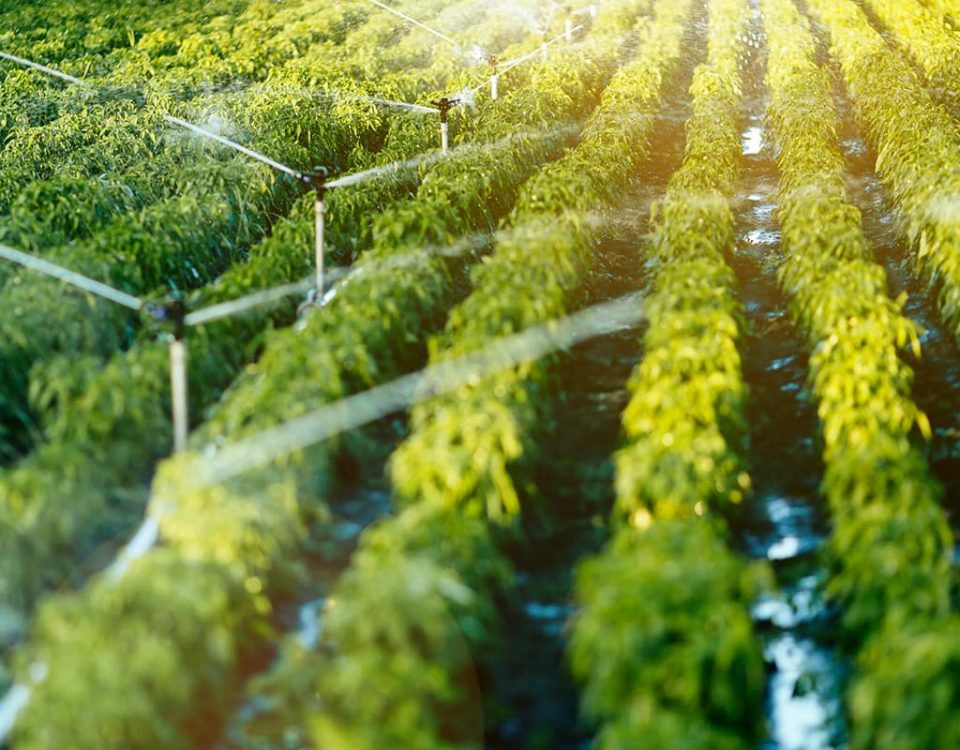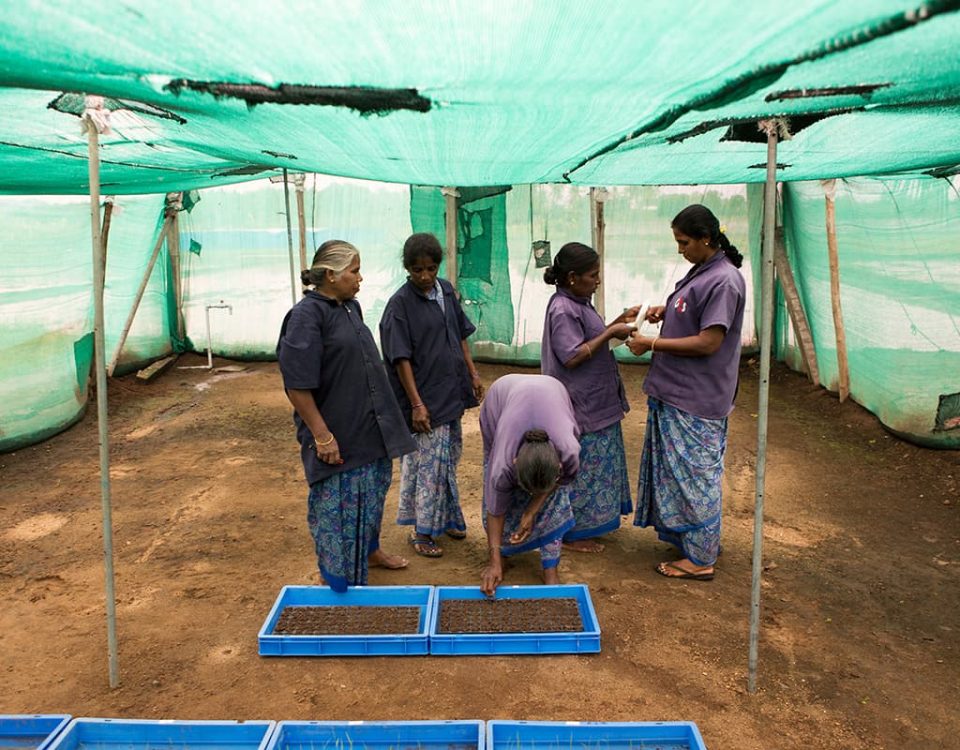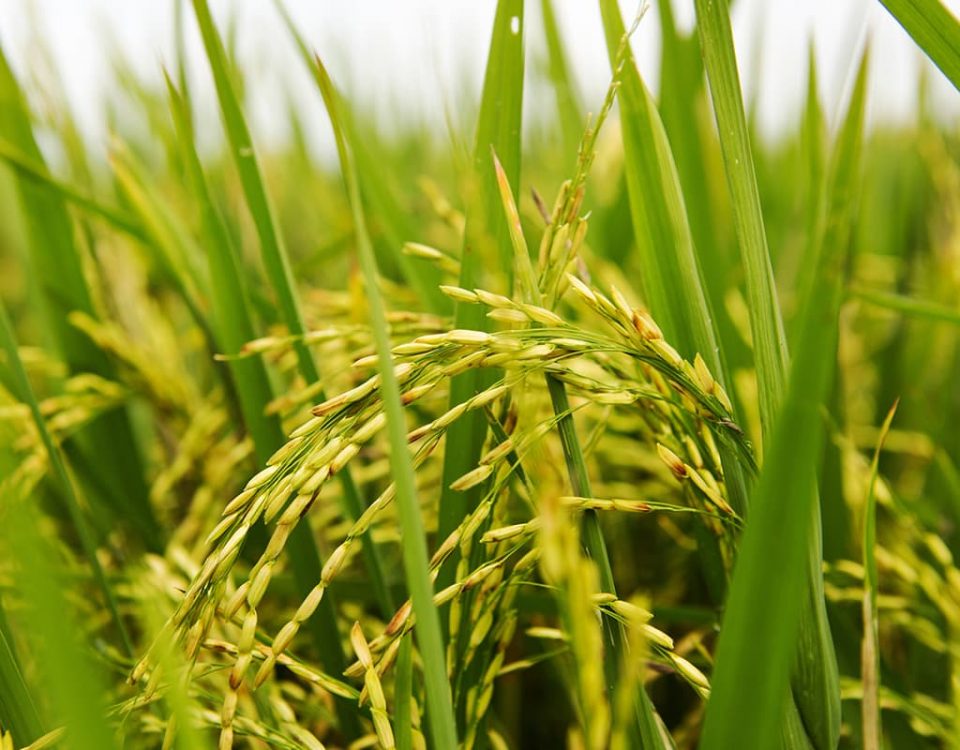Plant Biotechnology and Seeds
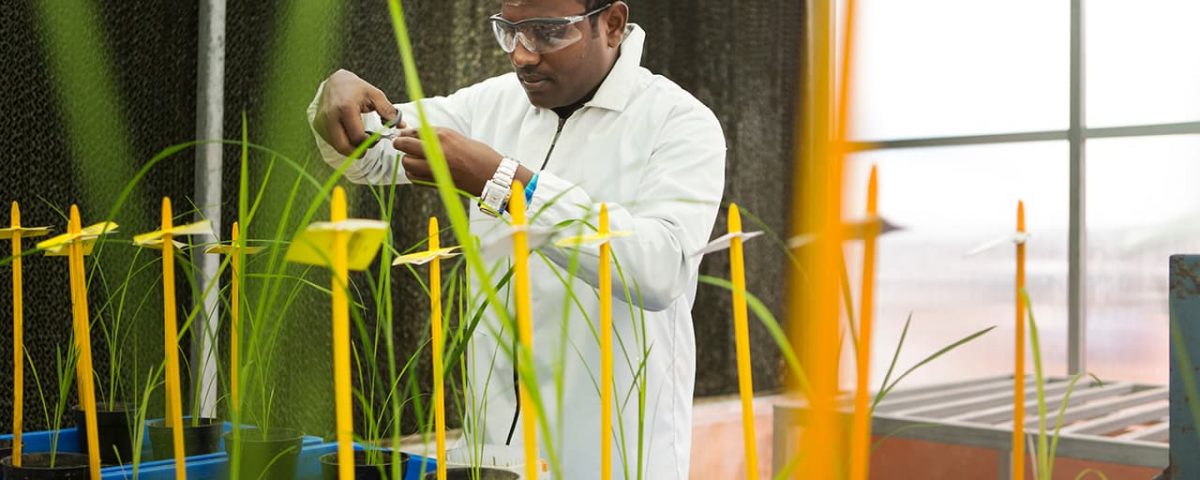
Plant biotechnology including genetically modified organisms (GMOs) as well as seeds offers a unique solution for farmers to produce more with less by improving the efficiency of resources use as well as reducing impact to the environment.
Seeds are the basis of plant life on Earth. For centuries, mankind has worked to continually improve the seeds we use to grow crops that feed nourish our communities and improve our lives. Modern biotechnology allows plant breeders to select genes that produce beneficial traits and move them from one organism to another. Plant biotechnology is far more precise and selective than crossbreeding in producing desired agronomic traits.
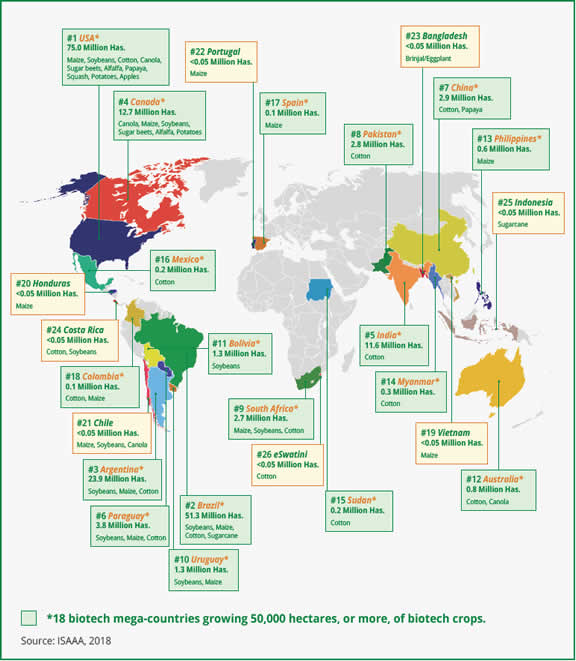
Source: https://www.isaaa.org/resources/publications/briefs/54/executivesummary/default.asp
Today, plant biotechnology has been adopted by farmers worldwide at rates never before seen by any other advances in the history of agriculture. In the latest report from the International Service for the Acquisition of Agri-biotech Applications (ISAAA), biotech crops were grown by 18 million farmers on 185.1 million hectares in 26 countries. The reason for such impressive adoption rates is simple: plant biotechnology delivers significant and tangible benefits, all the way from farm to fork. Plant biotechnology has helped increase crop production, conserved biodiversity, reduced CO2 emissions and alleviate poverty and hunger.
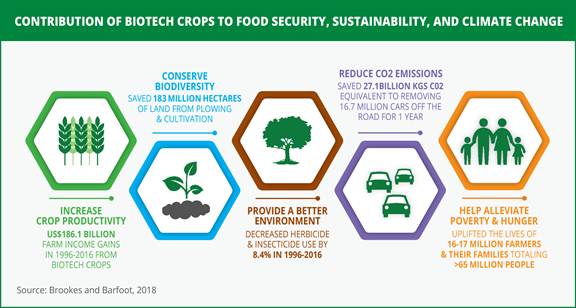
Source: https://www.isaaa.org/resources/publications/briefs/54/executivesummary/default.asp
For more information, on GMOs, please visit the GMO Answers website.
Source:1. https://www.isaaa.org/resources/publications/briefs/54/executivesummary/default.asp

